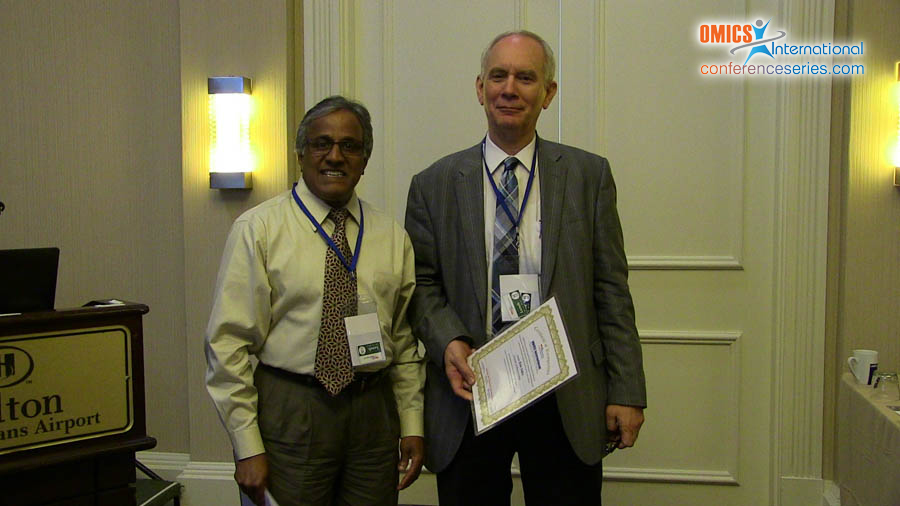
K H Ramesh
Montefiore Medical Center, USA
Title: Significance of HER2 genetic heterogeneity detected by fluorescence in Situ hybridization analysis in invasive ductal breast carcinoma
Biography
Biography: K H Ramesh
Abstract
Breast cancer is the most common malignancy in women of all ethnicities. Standard treatment involves surgical resection; pathologic analyses that includes morphologic, immunohistochemistry (IHC) and Fluorescence In Situ Hybridization (FISH) analysis to determine ER, PR, and HER2 parameters in the tumor. The HER2 gene (17q11.2-12) is amplified in 20% of invasive breast cancers. Patients with tumor positive-HER2 gene amplification are eligible for adjuvant chemotherapy with Trastuzumab (Herceptin), resulting in longer survival. Studies have shown that 40% of breast tumors show genetic heterogeneity (GH) as per ASCO/CAP (2013) criteria. Breast tumors with an IHC score of 2+ qualify for FISH testing to rule out HER2 gene amplification, and if positive, patients are eligible for Herceptin treatment. GH is defined as the presence of >5% and <50% of 20 tumor cells showing HER2- amplification. The 40% of breast tumors that show GH pose an unresolved dilemma in treatment. Our aim is to establish the clinical significance of HER2 GH in breast cancer. Data is correlated with patient demographics, histological tumor type and stage, IHC scores, treatment regimen and morbidity to determine if GH has an impact on treatment modality. These outcomes include differences in survival (Kaplan-Meyer survival curves) and morbidity from the treatment (cardiomyopathy). Our hope is to determine whether a systematic study of outcomes among patients with HER2 GH with or without equivocal FISH results will address reconsiderations of treatment guidelines for these patients.

